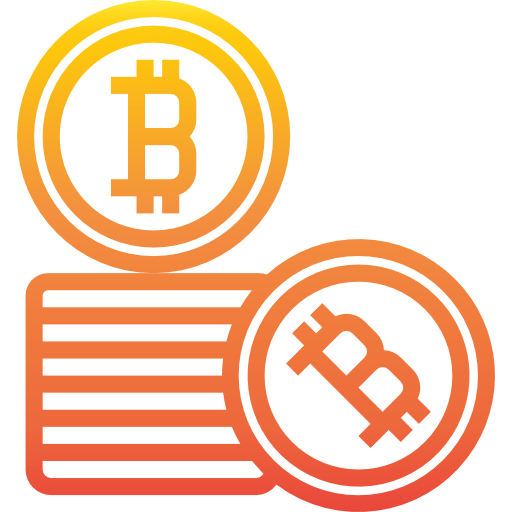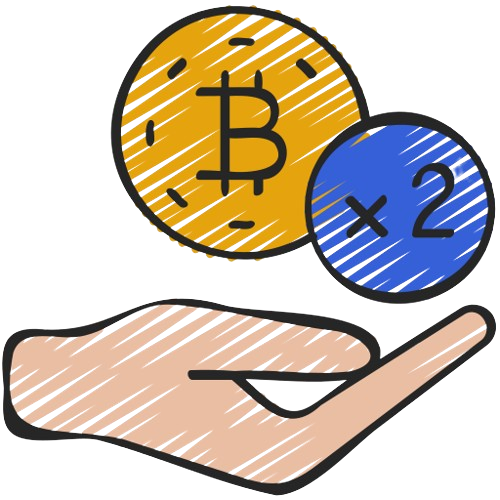
We live in an increasingly interconnected world where money crosses borders at an astounding rate. Global remittances – funds sent home by migrants and foreign workers – now tally over $500 billion annually according to World Bank estimates. However, inefficiencies still abound in outdated international payment channels resulting in slow transfer times and excessively high fees. Fortunately, an alternative has emerged with the power to transform cross-border money flows – Bitcoin and its underlying blockchain payment technology.
By utilizing cryptocurrency wallets, a new era of fast, affordable, and censorship-resistant remittances is unfolding. From expat workers to asylum seekers, Bitcoin is proving a reliable way for people worldwide to transfer value globally peer-to-peer. Let’s analyze key pain points with legacy remittance systems and how crypto wallets offer superior solutions.
The Hidden Costs of Traditional Remittances

On the surface, wire transfers, money orders, and remittance service providers like Western Union or MoneyGram seem convenient enough. But costs soon add up from opaque foreign exchange fees, recipient cash pick-up charges, and other tedious steps – ultimately siphoning significant value.
What’s worse, transfers can drag on for days before funds become accessible to recipients dependent on the money. Such frictions disproportionately impact migrant communities already struggling to support families back home on modest wages. In the end, traditional remittance intermediaries capture substantial profits, while senders and recipients lose out.
By contrast, the best Bitcoin wallet utilizes blockchain protocols specifically designed for fast, inexpensive cross-border value transfer. Without banks or money transfer companies serving as gatekeeping middlemen, more money makes it into the hands of recipients much quicker – and that makes a tangible difference in improving lives.
Censorship Resistance for the Underserved
Far too many migrants and marginalized communities struggle to access reliable financial services in their native countries due to discrimination, bureaucracy, lack of documentation, or thin credit histories. What’s more, authoritarian regimes often deliberately cut off remittance channels to suppress opposition groups. This leaves entire families stranded without crucial income streams.
Because public cryptocurrency ledgers have no regard for the identities or backgrounds of users, access cannot be denied due to ethnicity, political affiliation, gender, or any other factor. For those locked out of traditional remittance channels, Bitcoin finally offers a censorship-resistant lifeline.
So long as users have internet access and a smartphone, Bitcoin wallets can be easily downloaded without paperwork or proof of credentials. Once the sender and recipient wallets are linked up, funds flow freely irrespective of geography or regime type. As crypto remittance adoption grows, even the most vulnerable groups now have an escape valve to circumvent governmental overreach.
Empowering Underbanked Communities
Expanding financial inclusion to the nearly 2 billion “unbanked” adults worldwide is vital for greater equality and broad-based economic development. However, entrenched banking institutions have thus far failed to reach many regions, especially rural areas of developing countries.
Given how deeply cell phones have already permeated these communities, cryptocurrency wallet usage is now stepping in to fill gaps. With intuitive mobile apps, crypto remittances enable groups once excluded to exercise more control over incomes while avoiding predatory lenders.
Importantly, receiving international payments via a crypto wallet does not necessitate full bank accounts. As adoption spreads, underserved groups can also utilize these tools as personal savings vehicles and lending mechanisms strictly peer-to-peer. Such possibilities promise to reshape financial services access from the ground up in remote communities poorly served by legacy systems.
The Future of Global Money in Motion

Considering fees as high as 10% with established companies like Western Union, it’s no wonder migrants and foreign workers are moving remittances to blockchain pathways. By providing a convenient and affordable alternative, cryptocurrency wallets are already transforming cross-border money flows for millions worldwide.
From more income kept in the pockets of recipients to instant access without barriers, crypto remittances broaden financial inclusion meaningfully. And given projections that global remittance outflows could reach as high as $930 billion by 2026, expectations are mounting that blockchain solutions will continue disrupting traditional channels in the coming years.
No technology is without its challenges though. Questions surround long-term crypto asset valuations, security threats from hackers, and easing novice user adoption of wallets. But with so much at stake empowering historically marginalized communities, motivation remains strong to refine crypto remittance models going forward.
In that sense, today very much represents just the dawn of decentralized global money transmission. Yet already signs abound suggesting Bitcoin and its underlying blockchain payment rails are ready to reshape cross-border value flows as profoundly as the internet altered communications. For worldwide migrant workers sending hard-earned money back home, tapping the versatility of a blockchain wallet delivers help where it’s needed most – the prospect of which should excite anyone.
Conclusion
When it comes to facilitating payments across distances cheaply, quickly, and reliably irrespective of borders – both physical and financial – cryptocurrency technology outperforms traditional remittance channels on nearly all metrics that matter most. Avoiding exorbitant hidden fees and denial of access, Bitcoin wallets bring enhanced transparency and inclusion to historically underserved groups.
From expat workers feeding families abroad to asylum seekers left stranded by repressive regimes, crypto remittances are profoundly improving livelihoods by unlocking censorship-proof value transfer capabilities at scale. At this rate of grassroots adoption, decentralized digital currency could feasibly overhaul global money flows from the ground up within this decade. Financial self-sovereignty is thereby coming within reach of anyone with a mobile device and internet connection thanks to crypto.